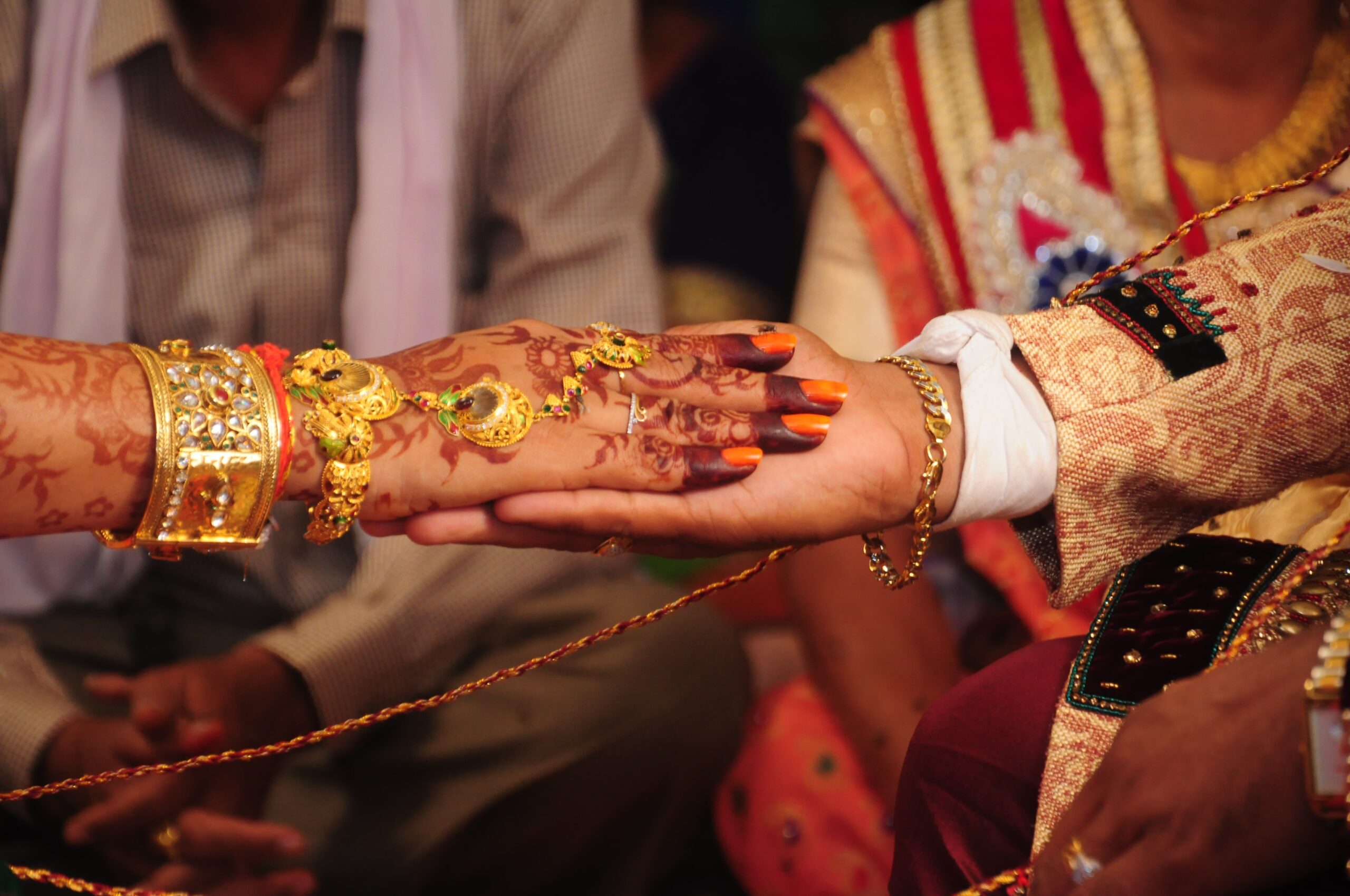There are no officially recognized sub-groups or castes within the Kamma community, but there may be some level of social stratification based on factors such as wealth, education, and occupation. However, it is important to note that discrimination based on caste or sub-group is illegal in India.
Regarding the question about the strongest group within the Kamma community, it is difficult to provide a clear answer as the community does not have an official hierarchy or power structure. However, historically, the Kamma community has been known for producing successful entrepreneurs, politicians, and intellectuals. Within the community, individuals and families with greater wealth, education, and political power may hold more influence and status, but this is not necessarily tied to any specific sub-group or caste identity.
Political Discrimination
There have been instances of political injustice and violence against the Kamma community in certain states of independent India, particularly in the state of Andhra Pradesh.
In the 1980s and 1990s, there were violent clashes between Kammas and another dominant community, the Reddys, in several districts of Andhra Pradesh. These clashes were often politically motivated, as both communities vied for power and influence in the state. The violence resulted in hundreds of deaths and injuries on both sides.
In more recent years, there have been allegations of political discrimination against Kammas in Andhra Pradesh. The state’s ruling party, YSR Congress Party, which is predominantly supported by the Reddy community, has been accused of targeting Kammas and their businesses. For example, in 2020, the state government canceled the land allotment to an industrial park that was being developed by the Kamma-dominated Amara Raja Group, citing irregularities in the land acquisition process. The move was criticized by many as being politically motivated.
It is important to note that such incidents of political injustice and violence are not unique to the Kamma community and occur across different communities in India. The government and society must work towards ensuring justice and equal opportunities for all communities.
Political Injustice with the Kamma community in AP
During the 1980s and 1990s, the Kamma community in Andhra Pradesh, India, faced political injustice under the rule of Chief Minister N.T. Rama Rao and his son-in-law N. Chandrababu Naidu. N.T. Rama Rao, who was also a popular film actor, formed the Telugu Desam Party (TDP) in 1982 and became the Chief Minister of Andhra Pradesh in 1983.
N.T. Rama Rao and his party were accused of promoting the interests of the Kamma community at the expense of other communities in the state. It was alleged that the government gave preferential treatment to Kamma businessmen and officials in appointments, promotions, and business opportunities. The government was also accused of favoring Kamma-dominated regions in terms of infrastructure development and other welfare schemes.
The Kamma community was accused of dominating the political, economic, and social spheres of Andhra Pradesh during this period. The TDP was seen as a party that favored the interests of the Kamma community over those of other communities. The dominance of the Kamma community in the TDP led to resentment among other communities, particularly the Reddy community, which saw the rise of the TDP as a threat to their traditional dominance in Andhra Pradesh politics.
The political injustice faced by the Kamma community during this period had a significant impact on the social and political fabric of Andhra Pradesh. The dominance of the Kamma community in politics and other spheres of life led to resentment and backlash from other communities, which further deepened social divides in the state. The legacy of this period can still be felt in the politics of Andhra Pradesh today, where caste and community-based politics continue to play a significant role.




